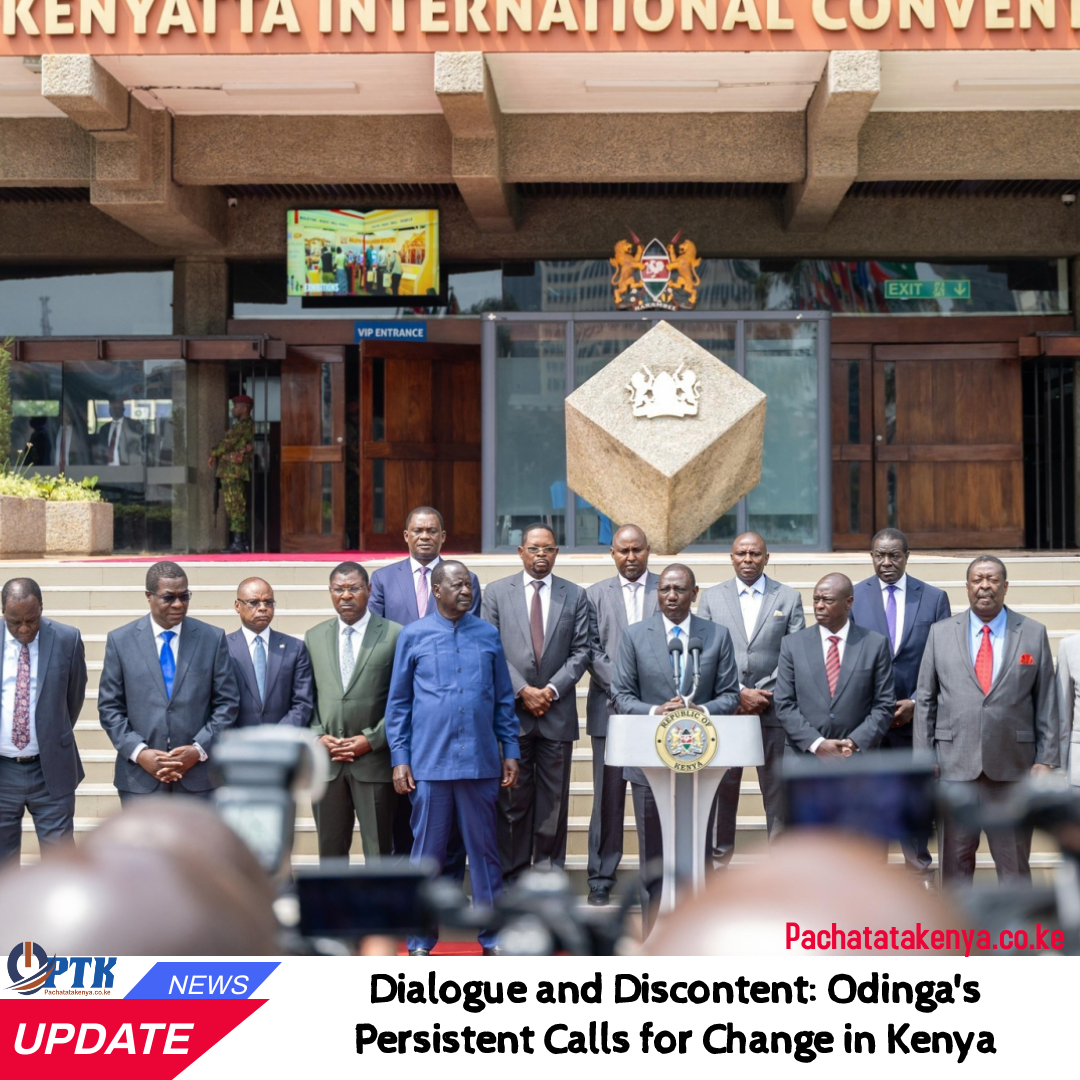
Raila Odinga has consistently advocated for dialogue as a means to resolve the ongoing political and economic issues in Kenya. He has shown a willingness to engage in discussions with President William Ruto’s administration but remains steadfast in his demands. Odinga’s primary condition for dialogue is that it must lead to tangible actions to address the economic hardships faced by Kenyans, specifically the repeal of the Finance Act and measures to lower the cost of living.
In the past, Odinga temporarily halted protests to enter into dialogue with the government. This pause, was intended to create a conducive environment for bipartisan discussions aimed at addressing the issues of electoral reform and economic policies. However, when progress in these talks stalled, Odinga and his supporters felt that the government was not taking their concerns seriously. As a result, he announced the resumption of protests, emphasizing that dialogue without action is insufficient.
Odinga has accused the government of using police brutality to suppress peaceful protests and of planning violent disruptions at opposition rallies. He argues that genuine dialogue cannot occur under such conditions and has called for the government to respect the rights of citizens to peacefully assemble and express their grievances.
Despite these challenges, Odinga remains open to dialogue, provided that it leads to substantial policy changes. He has reiterated; that the protests will continue until President Ruto’s administration shows a genuine commitment to addressing the issues raised by the opposition. Odinga’s stance highlights the need for a balanced approach that combines dialogue with sustained civic action to pressure the government into making meaningful reforms.






